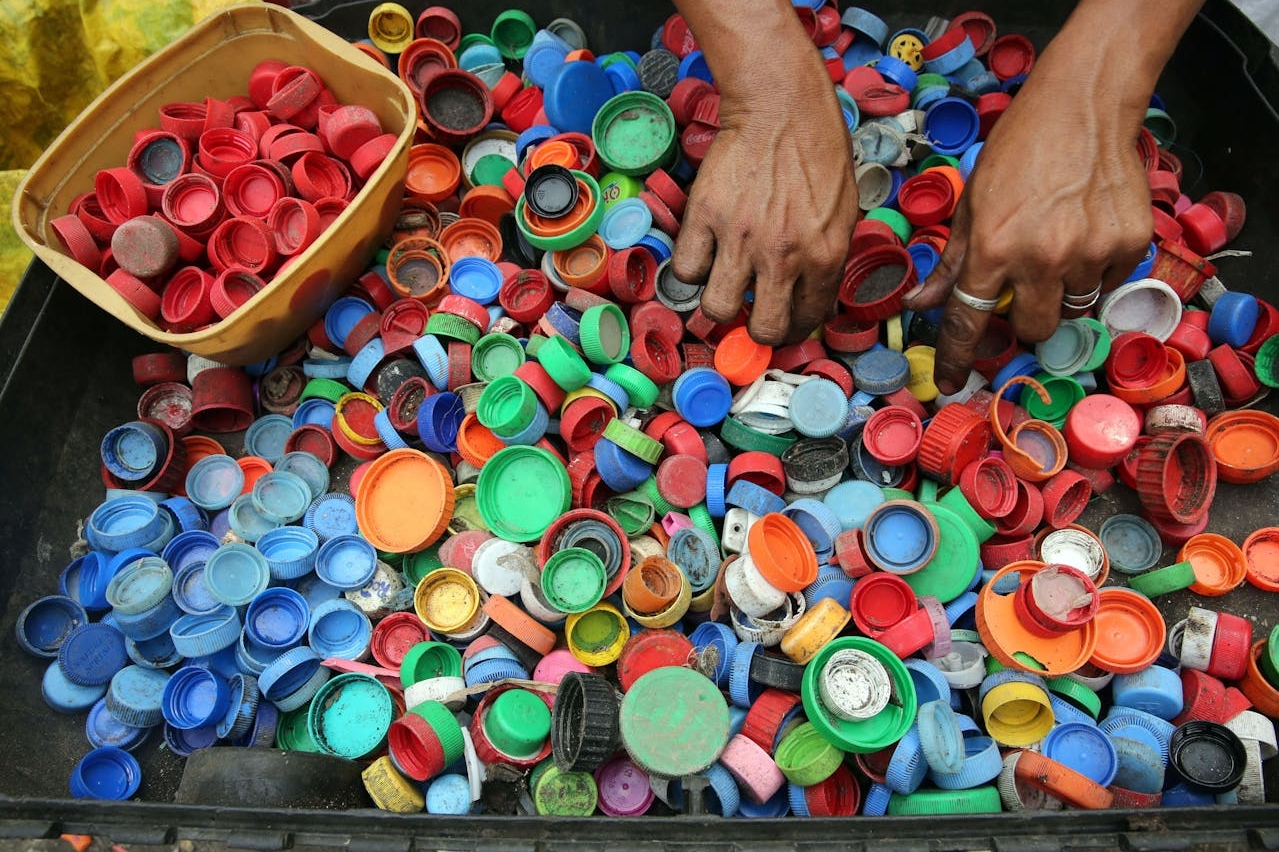In an era marked by growing environmental awareness, sustainability has become a cornerstone of responsible manufacturing practices across industries. Indian stone manufacturing, with its rich heritage and global reach, is no exception. From quarry to finished product, Indian stone manufacturers are pioneering sustainable initiatives and innovative technologies to minimize environmental impact and promote the well-being of communities. Veritas Sourcing, committed to promoting sustainable trade practices, presents an exploration of sustainability in Indian stone manufacturing, highlighting practices and innovations driving positive change.
- Water Conservation: Water is a precious resource in stone manufacturing, used for quarrying, processing, and finishing operations. Indian stone manufacturers are implementing water conservation measures such as recycling and reusing water, installing water-efficient equipment, and adopting closed-loop systems to minimize water consumption and reduce wastewater discharge. By prioritizing water stewardship, these manufacturers mitigate environmental impact and support sustainable resource management.
- Energy Efficiency: Energy-intensive processes in stone manufacturing, such as cutting, grinding, and polishing, require significant amounts of electricity and fossil fuels. Indian manufacturers are investing in energy-efficient technologies, such as solar power, LED lighting, and energy-efficient machinery, to reduce energy consumption and lower carbon emissions. By harnessing renewable energy sources and optimizing energy use, these manufacturers mitigate their carbon footprint and contribute to climate change mitigation efforts.
- Waste Reduction and Recycling: Stone manufacturing generates various waste streams, including quarry waste, slurry, and scrap material. Indian manufacturers are implementing waste reduction and recycling initiatives to minimize waste generation and maximize resource efficiency. Innovative practices such as repurposing quarry waste as aggregate, recycling water treatment sludge into cement, and reusing scrap stone for landscaping and construction applications are helping to close the loop on waste and promote circular economy principles.
- Ethical Sourcing and Community Engagement: Sustainability in stone manufacturing extends beyond environmental considerations to encompass social and ethical aspects. Indian manufacturers are prioritizing ethical sourcing practices, including fair labor standards, safe working conditions, and community engagement initiatives. By fostering partnerships with local communities, supporting education and healthcare programs, and empowering workers with training and skill development opportunities, these manufacturers promote social equity and contribute to the well-being of communities surrounding their operations.
- Certifications and Standards: Indian stone manufacturers are increasingly seeking certification from recognized sustainability standards and accreditation bodies, such as the Green Building Council of India (GBCI) and Leadership in Energy and Environmental Design (LEED). These certifications validate adherence to sustainable practices and provide assurance to customers and stakeholders of the manufacturer’s commitment to environmental stewardship and social responsibility.
At Veritas Sourcing, we applaud the commitment of Indian stone manufacturers to sustainability and responsible manufacturing practices. Through our partnerships with these manufacturers, we strive to promote sustainable trade and support initiatives that safeguard the environment and enhance the well-being of communities. Join us in embracing the journey towards sustainability in Indian stone manufacturing and building a greener, more sustainable future for generations to come.




